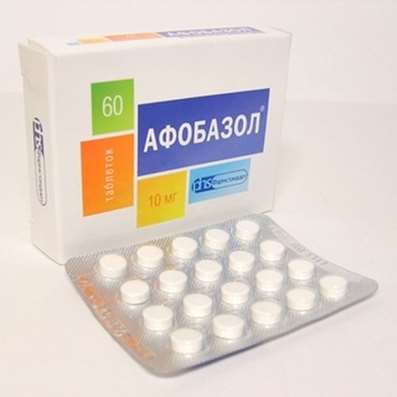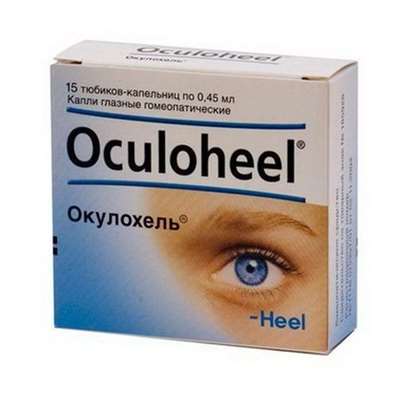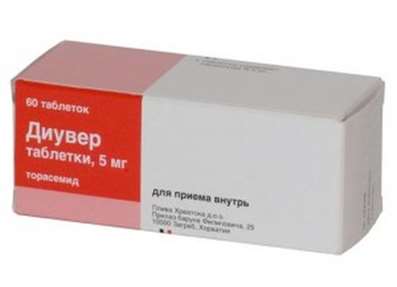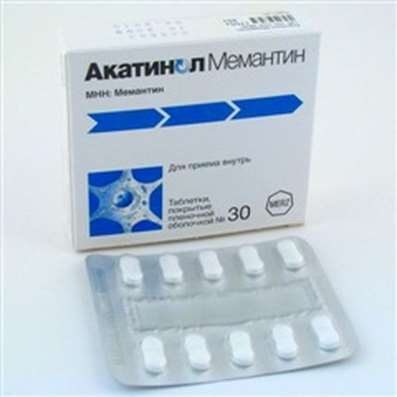Instruction for use: Bonine
I want this, give me price
Dosage form: lozenges
Active substance: Meclozine*
ATX
R06AE05 Meclozine
Pharmacological groups:
Antiemetic means
H1-Antihistamines
The nosological classification (ICD-10)
H81 Violations of the vestibular function: Vestibulopathy; Labyrinthine-vestibular disorders; Cochleovestibular syndrome; Vestibular disorder; Vestibular abnormalities; Vertigo of labyrinth origin; Violation of microcirculation in the labyrinth; Cochleovestibular disorder; Cohleo-vestibular impairment of ischemic nature; Disorders of the vestibular apparatus
O21 Excessive vomiting of pregnancy: Early toxicosis of pregnancy; Vomiting of pregnant women; Indomitable vomiting in pregnancy; Vomiting in pregnancy; Indomitable vomiting of pregnant women
R11 Nausea and vomiting: Postoperative vomiting; Nausea; Vomiting; Vomiting in the postoperative period; Vomiting medication; Vomiting in the background of radiation therapy; Vomiting uncontrollable; Vomiting in radiation therapy; Persistent vomiting; Indomitable vomiting; Postoperative nausea; Vomiting with chemotherapy; Vomiting of the central genesis; Vomiting with cytotoxic chemotherapy; Persistent hiccups; Repeated vomiting
Composition and release form
1 tablet or 1 chewable tablet contains meclozine hydrochloride 25 mg; In the blister pack 10 and 8 pcs. respectively.
Pharmachologic effect
Mode action - antihistamine, antiemetic.
Normalizes the function of labyrinth structures, is able to screen holino- and histamine H1-receptors.
Pharmacokinetics
T1 / 2 - about 6 hours. The effect develops quickly and lasts a day.
Indications for Bonine
Prevention and treatment of nausea, vomiting, dizziness (including with motion sickness, labyrinthine vestibular disorders, radiation therapy, etc.).
Contraindications
Hypersensitivity, children's age (up to 12 years).
Side effects
Drowsiness, fatigue, dry mouth, vomiting; Rarely - blurring of vision.
Interaction
Decrementing effect increases barbiturates, alcohol, tranquilizers, sedatives, and other drugs that depress the central nervous system. MAO inhibitors increase anticholinergic properties.
Dosing and Administration
Inside. Adults and children over 12 years of age - 25-100 mg per day in several receptions.
Swaying - 1 hour before travel 25-50 mg, then repeatedly - every 24 hours (if there are indications) throughout the trip.
Nausea and vomiting during pregnancy - 25-50 mg per day.
With labyrinthine and vestibular disorders, 25-100 mg per day.
With nausea and vomiting associated with radiotherapy, 2 to 12 hours before radiation therapy, 50 mg.
Overdose
Symptoms (in adults) - CNS depression, drowsiness, coma, convulsions, in the elderly - arterial hypotension, in children - hallucinations, convulsions, sleep disturbances.
Treatment: induce vomiting of ipecacuanas syrup (if the drug is taken within 1 h) or gastric lavage (in cases where vomiting can not be caused within the first 3 hours). It is possible to use activated carbon. In order to increase blood pressure - injected norepinephrine (but not epinephrine) or phenylephrine, to reduce the anticholinergic effects - physostigmine. If the anticonvulsant therapy with physostigmine is ineffective, diazepam IV.
Precautionary measures
Use with caution in patients with glaucoma and an enlarged prostate. When appointing during pregnancy, you should compare the possible benefits and potential risks. The drowsiness that occurs when taking the drug may affect the ability to manage transport and mechanisms.
Storage conditions of the drug Bonine
At room temperature.
Keep out of the reach of children.
Shelf life of the drug Bonine
5 years.
Do not use after the expiry date printed on the package.

 Cart
Cart





